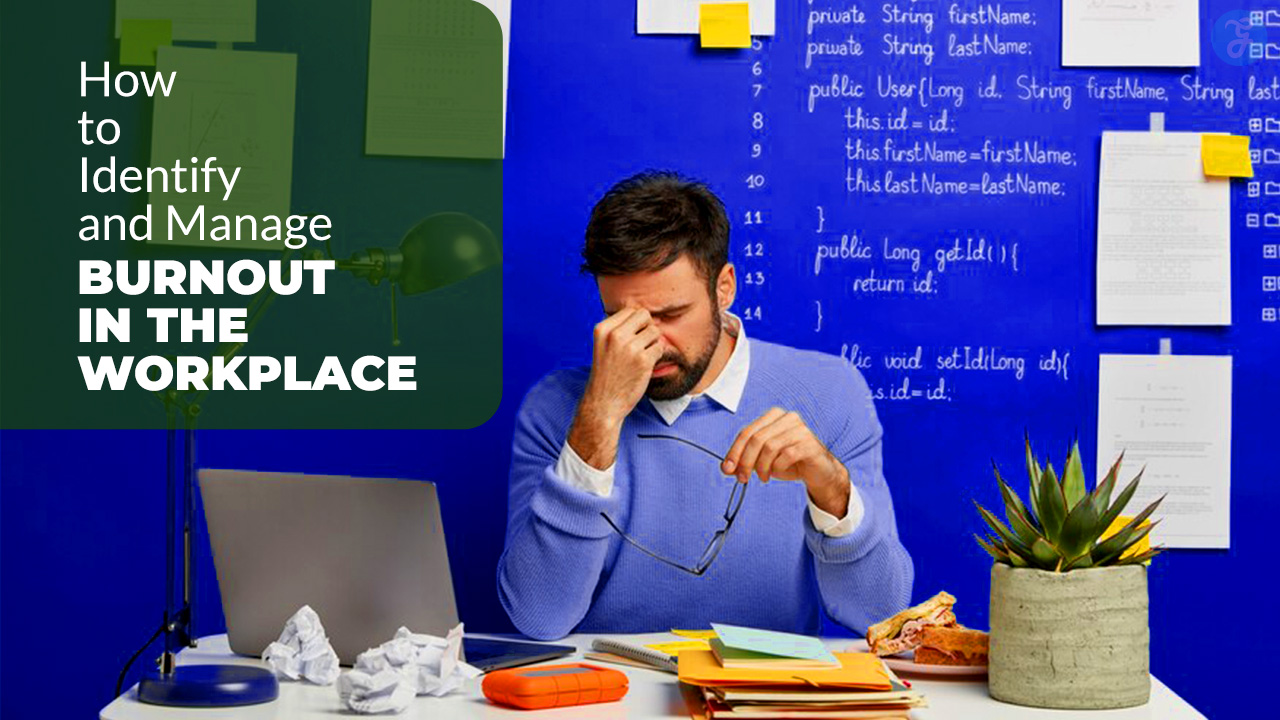Balancing academic expenses, living costs, and student loans can be challenging for students and recent graduates in the UK. Tax-saving strategies offer a vital opportunity to make the most of your income, avoid unnecessary financial strain, and establish a strong foundation for future financial independence.
This guide dives into 15 actionable tax-saving strategies, explaining how they work and how you can implement them to minimize tax liabilities legally. Whether you’re a part-time worker, freelancer, or a recent graduate entering full-time employment, these tips will empower you to save money while staying tax-compliant.
1. Claim Tax Relief on Work-Related Expenses
If you’re employed and spend money on work-related items, you may qualify for tax relief. For instance:
- Uniforms: Many part-time student workers, such as retail or hospitality employees, wear uniforms that they must clean or repair themselves. HMRC allows a flat-rate expense claim for these costs.
- Professional Subscriptions: If your job requires membership in a professional body, you can claim tax relief on your subscription fees.
- Equipment and Tools: You can claim expenses for tools or equipment you need for your role.
It’s crucial to keep receipts and records for these expenditures. Submitting these claims through HMRC’s Personal Tax Account or Self-Assessment ensures you don’t miss out on legitimate refunds.
2. Maximize Your Personal Allowance
The UK government allows every individual to earn a specific amount annually without paying income tax, known as the Personal Allowance. For the 2024/25 tax year, this amount is £12,570.
How Students Can Benefit:
- Part-Time Workers: Plan your working hours to ensure your annual earnings remain under the threshold.
- Multiple Jobs: If you hold more than one job, ensure your Personal Allowance is applied to your primary income source. Contact HMRC to adjust your tax codes accordingly.
If you’re under the threshold but tax was deducted from your earnings, you can file for a refund at the end of the tax year.
3. Request a Tax Refund for Overpayment
Temporary jobs or internships often use emergency tax codes, resulting in overpayment of taxes. As a student, your earnings may fall below the taxable threshold, yet deductions might still occur.
Steps to Claim a Refund:
- Log in to your Personal Tax Account via the HMRC website.
- Check for a P800 tax calculation or submit a Self-Assessment if necessary.
- Keep your P45 (if leaving a job) and P60 (year-end tax statement) handy to validate your earnings.
Refunds are usually processed within 8 weeks.
4. Utilize the Rent-a-Room Scheme
Students or graduates who have spare rooms can earn tax-free income by renting them out. The Rent-a-Room Scheme allows you to make up to £7,500 annually without paying tax.
Tips for Compliance:
- Notify HMRC if you join the scheme.
- Keep detailed records of rental agreements and receipts.
- Use this scheme for long-term or short-term rentals (e.g., through platforms like Airbnb).
5. Take Advantage of Tax-Free Scholarships and Grants
Educational grants, bursaries, and scholarships are generally tax-free, provided they cover essential academic expenses such as tuition fees, books, or accommodation.
What to Watch For:
- Ensure the financial aid doesn’t classify as income by HMRC standards.
- If you’re unsure, consult with your university’s finance office for clarity.
Knowing your eligibility ensures you don’t mistakenly report tax-free funding as taxable income.
6. Open a Tax-Free Individual Savings Account (ISA)
Savings are an essential part of financial planning. ISAs allow you to save or invest up to £20,000 per tax year without paying tax on interest, dividends, or capital gains.
Types of ISAs Suitable for Students and Graduates:
- Cash ISAs: Low risk; ideal for emergency funds.
- Stocks and Shares ISAs: Higher risk, but offer potential long-term growth.
- Lifetime ISAs (LISAs): Save up to £4,000 annually for your first home or retirement, with a 25% government bonus.
7. Leverage National Insurance Contributions (NICs) Exemptions
You are only required to pay NICs if your earnings exceed £12,570 annually or £1,048 monthly. Students working part-time often fall below these thresholds and are exempt.
Tip for Graduates:
When starting a full-time job, ensure your NICs are correctly calculated. Register with HMRC for a National Insurance number if you don’t already have one.
8. Optimize Income from Side Hustles
Many students and graduates run side hustles, such as tutoring, freelance writing, or selling handmade products online. Under the Trading Allowance, the first £1,000 of income from self-employment is tax-free.
Managing Tax for Side Hustles:
- If you earn over £1,000, register as self-employed and file a Self-Assessment tax return.
- Keep detailed records of income and expenses, as business-related expenses can be deducted.
9. Benefit from Council Tax Exemptions
Full-time students are entirely exempt from Council Tax, which can save you hundreds annually.
Recent Graduates:
Graduates who live alone or earn below a certain threshold may qualify for a 25% discount. Contact your local council to check eligibility.
10. Make Use of Gift Aid Donations
When you donate to a UK charity under the Gift Aid scheme, your contributions are eligible for tax relief. As a higher-rate taxpayer (if applicable post-graduation), you can claim additional relief through Self-Assessment.
11. Claim Tax Relief on Pension Contributions
Even if retirement seems far off, starting a pension early can lead to significant tax savings. Contributions to private pensions or workplace schemes receive tax relief.
Example:
- For every £80 you contribute, the government adds an extra £20.
- Higher-rate taxpayers can claim additional relief via Self-Assessment.
12. Explore the Marriage Allowance
If you’re married or in a civil partnership, and one partner earns less than the Personal Allowance, you can transfer up to £1,260 of unused allowance to the higher-earning partner. This can save couples up to £252 annually.
13. Understand the Flat-Rate Expense Deductions
In certain jobs, HMRC allows flat-rate deductions for specific expenses, such as cleaning uniforms or using personal equipment for work. These deductions simplify the process by removing the need for receipts.
14. Stay Updated on Student Loan Deductions
Loan repayments are calculated based on your income and Plan type. For example:
- Plan 1: 9% of earnings over £22,015 annually.
- Plan 2: 9% of earnings over £27,295 annually.
- Plan 4 (Scottish students): 9% of earnings over £27,660 annually.
By understanding your repayment threshold, you can ensure accurate deductions from your paycheck.
15. Take Advantage of Tax-Free Childcare
Graduates with children can save significantly on childcare costs using the Tax-Free Childcare scheme. The government contributes £2 for every £8 spent on childcare, up to a maximum of £2,000 annually per child.
Eligibility:
- Both parents must work (or one parent if single).
- Annual income per parent must be at least £1,976 but below £100,000.
Table: Summary of Key Tax-Saving Opportunities
| Strategy | Benefit | Who Benefits Most |
| Personal Allowance | Tax-free income up to £12,570 | All individuals earning below threshold |
| Rent-a-Room Scheme | £7,500 tax-free income | Students renting rooms |
| ISA (Cash or Lifetime) | Tax-free savings | Savers and investors |
| Trading Allowance | £1,000 tax-free income | Freelancers and side hustlers |
| Council Tax Exemption | 100% exemption or discounts | Full-time students and recent graduates |
| Pension Contributions | 20-40% tax relief | Students planning long-term savings |
Takeaways
Managing taxes as a student or recent graduate may seem overwhelming, but with the right strategies, you can significantly reduce your tax burden. By leveraging government schemes, understanding your allowances, and staying organized, you can save money while staying compliant.
Take proactive steps to keep yourself informed. Use resources like HMRC’s website and financial advisors to ensure you maximize every opportunity for tax savings. A little effort today can lead to big savings tomorrow.









































